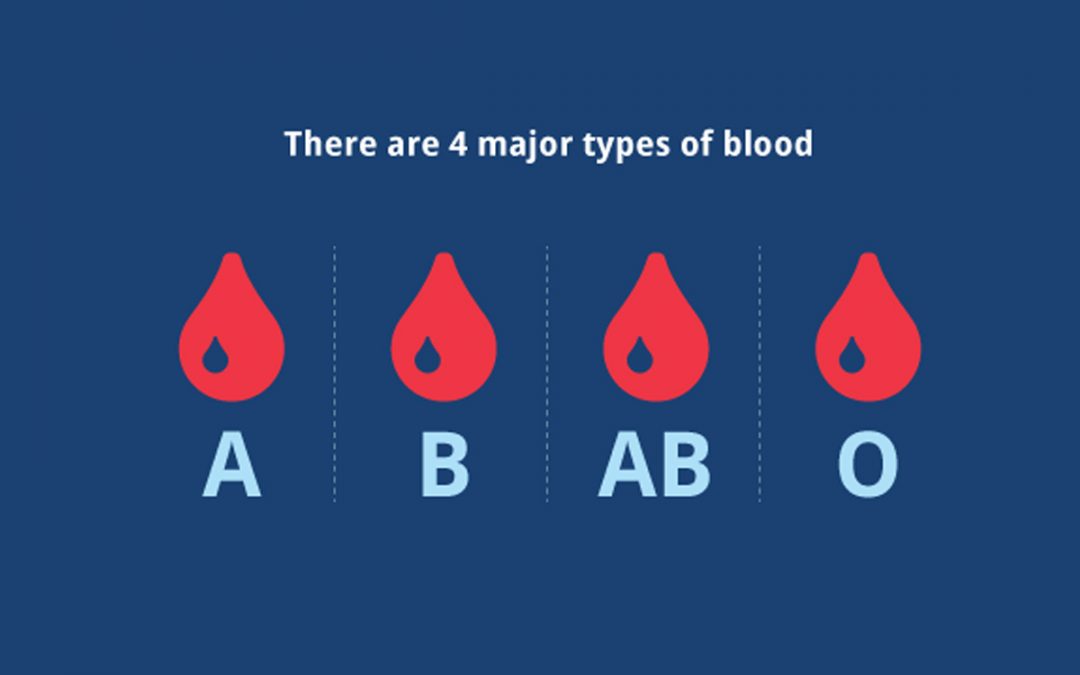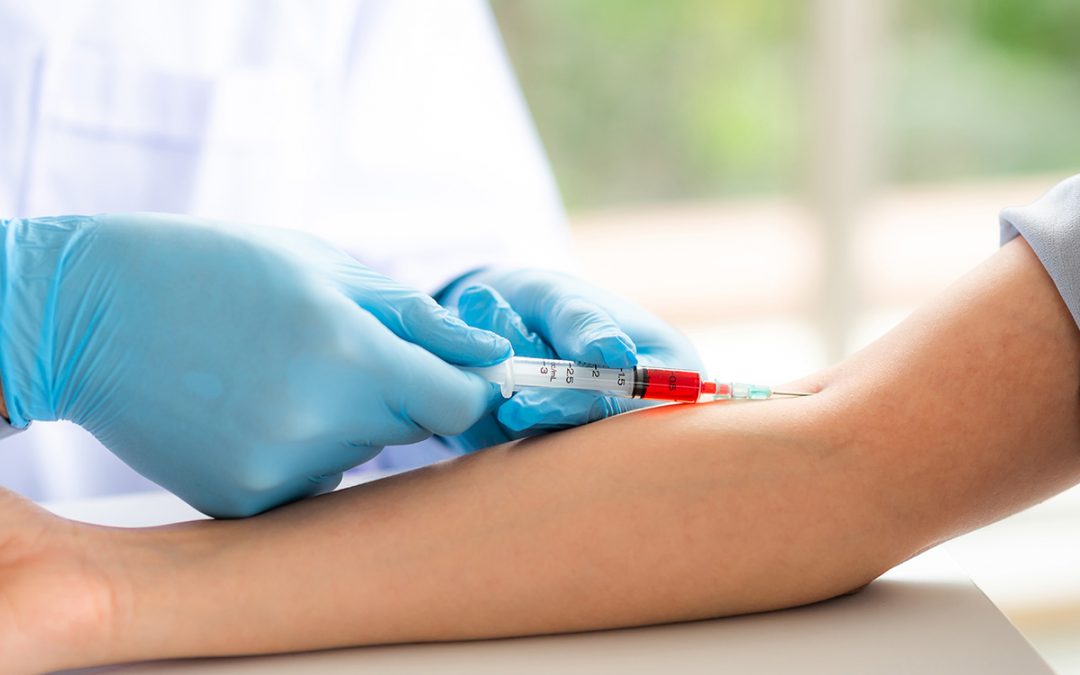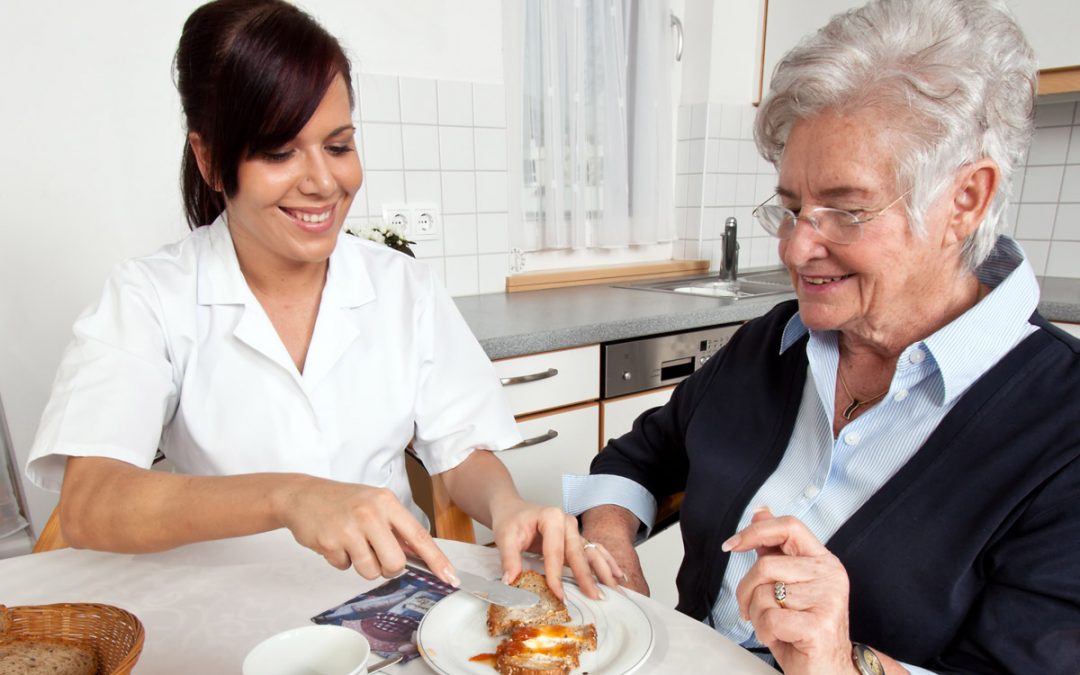
Home Health Aide Dos and Don’ts
Do:
- Report all changes in your patient’s status to the nurse and your agency.
- Ask someone if you have a question regarding your patient.
- Follow your patient’s care plan.
- Call your agency if you are unsure about anything.
- Get to work on time and accurately document your time.
- Follow your agencies’ rules regarding dress code and conduct.
- Make sure to keep your physical and in-services up to date.
Don’t:
- Treat your patients roughly.
- Rush through patient care.
- Smoke in the patient’s home.
- Create conflict in the work place.
- Use profanity.
- Wear perfume and dangling jewelry.
- Borrow or accept any money.
- Speak to anyone about the patient’s condition other than your supervisor or those directly involved in the patients care.

Which blood type is most needed?
Blood from the negative O Rh group can be transfused to anyone, and this type of blood donors are called “universal donors” and are required for pediatric patients with cancer, preterm infants and children with cardiac surgery. On the other hand, patients from the negative O Rh group can receive only blood from the negative O Rh group. Blood from group O is the most versatile and adequate storage of blood group O has been found to be vital. For example, if Group A blood is not available in stock, blood from Group O will be used. However, all blood groups are needed to ensure a sufficient amount of supplies at any time.
What to expect during the blood donation process?
The donation process takes about an hour. It is known to be an act of kindness that can help save a life.
There are basically four steps involved in the process of blood donation:
- I.Registration: All donors must present a personal ID card when registering and fill out a questionnaire.
- II.Medical interview: An expert in blood donation examines your questionnaire and checks iron, blood pressure, temperature, and pulse
- III.Donation: A donor expert prepares and cleans your arm for donation. The collection process takes about 10 minutes.
- IV.Refreshment: After the donation, you will receive refreshments such as water, juices, and snacks.

Donate Blood and Save Someone’s Life
People that donate blood are known to be special; this is because they are saving another person’s life. This is why you should also take 1 hour from your busy schedule to donate blood.
Blood donation has been known to be a life-saver for different types of patients such as those with cancer, burns, and individuals with blood disorders. So why not donate blood today and save a life!
In the event that you have donated blood before, this means that you have contributed to the 43,000 pints of blood used daily in the United States and Canada. Based on the information provided by Virginia Blood Services (VBS), each one of those pints can save up to three lives. Children, cancer patients who are undergoing chemotherapy, as well as those with severe trauma, are known to be the category of patients that are greatly in need of blood donation.
What are the different types of blood?
There are four main types of blood:
- A
- B
- AB
- O
Each of the blood types mentioned above can be positive or negative. Prior to blood transfusion, it is important to make sure that the patient-specific blood types match with the type of blood to be transfused. However, in emergency cases where there is no time to test for the specific blood type of the patient, type O blood can be used; this is due to its compatibility with other blood types such as type A and B.

Top 7 tips on How to have Patience with your Patient
Home Health Aides assist those who need assistance in their daily life routines and activities. Dealing with difficult patients might be hard, but it doesn’t have to stop you from doing your job. Every patient is unique and there are no universal strategies, but there are tips you can use to handle difficult situations with different patients. In order to be a successful Home Health Aide, there are many useful skills and qualities you could learn to help you deal with a difficult patient.
Don’t take anything personally
Keep in mind that the patient might be suffering from unfortunate circumstances and can be moody. Don’t let their mood swings affect your job. Just try to understand the situation they are in. Don’t think that the patient is having personal grudges or is upset with you specifically.
Look for the cause
Many patients might present you with negative moods as they could be suffering from side effects of medications and pain, which can make them frustrated. By looking for the underlying cause of a problem, you can change their mood. You should try to find out why a patient is being aggressive and moody rather than reacting to them in a rash manner.
Show that you care
Sometimes patients think no one cares about them or listens to them, so they might act aggressively and make an issue out of everything. Rather than getting irritated with your patients, deal with them in a caring manner.
Be attentive at all times
While working in a home health environment, it is crucial to be attentive at all times. Your first priority is to give your patient the care they need and make them feel comfortable. While doing so, don’t get distracted by doing other tasks. As some patients need extra care and help to carry out their daily activities, keep a close eye on your patients as they might fall or injure themselves.
Great communication
When it comes to working as a Home Health Aide, communication is the most important skill. You should listen to everything the patient says to you. That includes them telling you about the side effects of medications, their symptoms or if they want to share something personal.
Be Flexible
The most important skill a home health aide should have is flexibility. You should keep in mind that you are not only keeping track of patient’s physical health but also of their daily routine activity. The tasks might include bathing, feeding, and dressing the patient as well as doing house chores. For this, you need to show flexibility and be open about any kind of tasks you might need to do during your shift.
Empathy goes a long way
If you get frustrated or irritated with the patient’s condition and are unsure of how to handle them, try to think how you would feel if you were in your patient’s shoes. Some days they might be quiet and not want to talk, and you should try and give them space.
Remember that your job is to care about not only the physical but the emotional well-being of your patient as well. Your patient might be dealing with more pain or emotional trauma than others which could cause them to behave differently. Try to remain patient with your patient at all times and understand their unique situation.